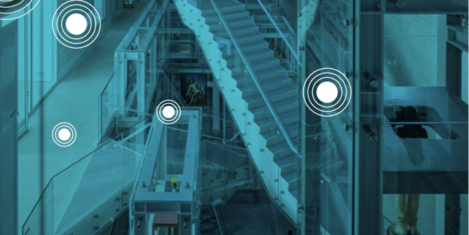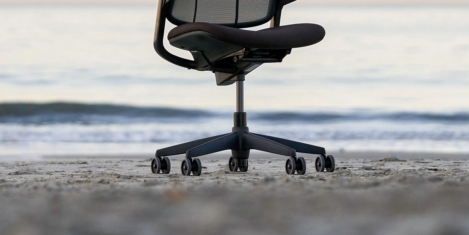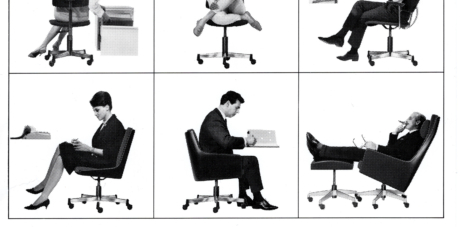To provide the best experiences, we use technologies like cookies to store and/or access device information. Consenting to these technologies will allow us to process data such as browsing behaviour or unique IDs on this site. Not consenting or withdrawing consent, may adversely affect certain features and functions.
The technical storage or access is strictly necessary for the legitimate purpose of enabling the use of a specific service explicitly requested by the subscriber or user, or for the sole purpose of carrying out the transmission of a communication over an electronic communications network.
The technical storage or access is necessary for the legitimate purpose of storing preferences that are not requested by the subscriber or user.
The technical storage or access that is used exclusively for statistical purposes.
The technical storage or access that is used exclusively for anonymous statistical purposes. Without a subpoena, voluntary compliance on the part of your Internet Service Provider, or additional records from a third party, information stored or retrieved for this purpose alone cannot usually be used to identify you.
The technical storage or access is required to create user profiles to send advertising, or to track the user on a website or across several websites for similar marketing purposes.
 Mies van der Rohe once said: “An architect of ability should be able to tell a client what he wants. Most of the time a client never knows what he wants.” Not many clients will agree with these patronising words—nor, for that matter, will many architects. Yet, there is some truth in Mies’s statement in the sense that construction clients often have difficulty expressing what they want. To help solve this conundrum in a new era, Juriaan van Meel and Kjersti Bjørkeng Størdal have published their new book Construction briefing: a practical guide. (more…)
Mies van der Rohe once said: “An architect of ability should be able to tell a client what he wants. Most of the time a client never knows what he wants.” Not many clients will agree with these patronising words—nor, for that matter, will many architects. Yet, there is some truth in Mies’s statement in the sense that construction clients often have difficulty expressing what they want. To help solve this conundrum in a new era, Juriaan van Meel and Kjersti Bjørkeng Størdal have published their new book Construction briefing: a practical guide. (more…)






























February 10, 2023
Working parents are resilient, and a resilient team is good for business
by Erin Eatough • Comment, Wellbeing